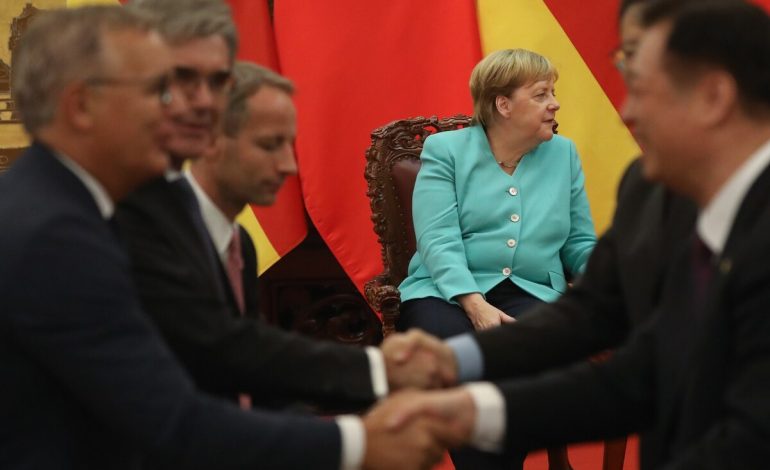
China’s Leader Attacks His Greatest Threat
JOHN POMFRET
25 January 2021
On March 11, 2007, Xi Jinping, then the top Communist Party official in Zhejiang province, near Shanghai, had dinner with the U.S. ambassador to China. The meal was part of the embassy’s outreach to up-and-coming Chinese officials. Xi, 53, was reputed to be among three officials in the running to replace Hu Jintao, China’s dour-faced leader.
Ambassador Clark T. “Sandy” Randt, a classmate of President George W. Bush, was impressed with Xi. In a cable recounting the dinner, Randt described the discussion as “frank and friendly.” Xi, as he always did with Americans, had lauded Hollywood movies and, fittingly for the party boss from a province that was a hotbed of entrepreneurial energy, praised a new law that would protect private investors in China. Xi came off as a self-confident rising star, and a supporter of private business.
More than a decade later, Xi, now the chairman of the Chinese Communist Party, has launched a broadside against private business in China. Along with tightening regulations governing firms—mandating that companies have Communist Party committees, which can have significant input in their direction, for example—he is also targeting entrepreneurs themselves, as a collective and as individuals.


